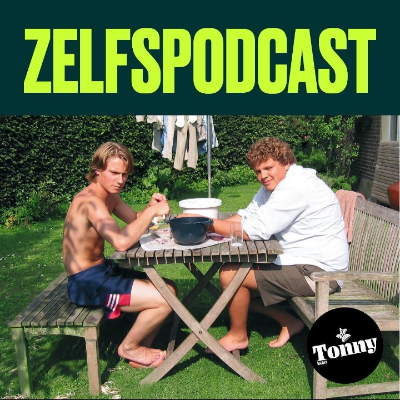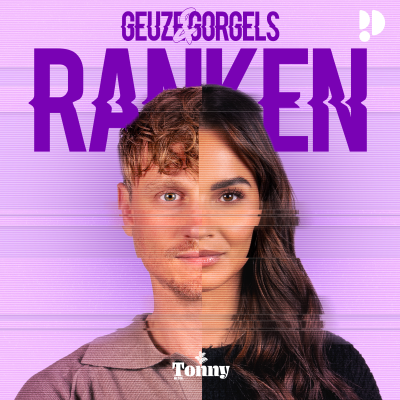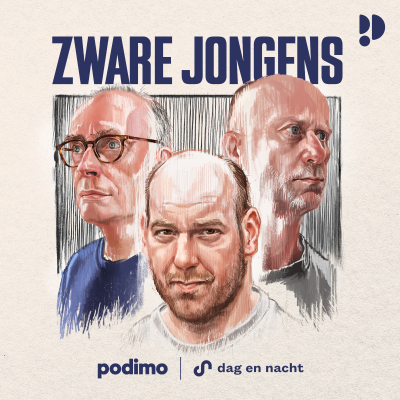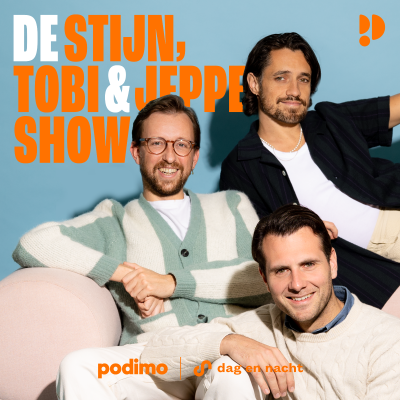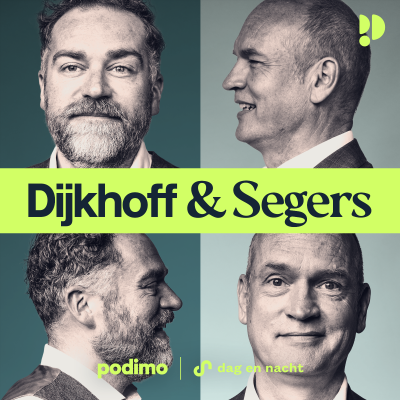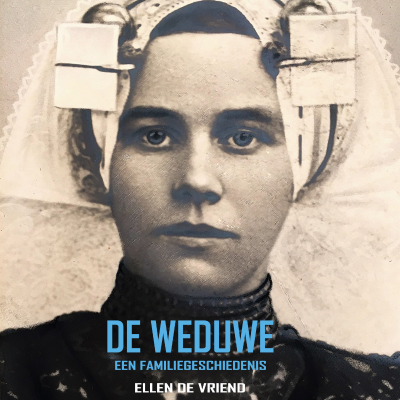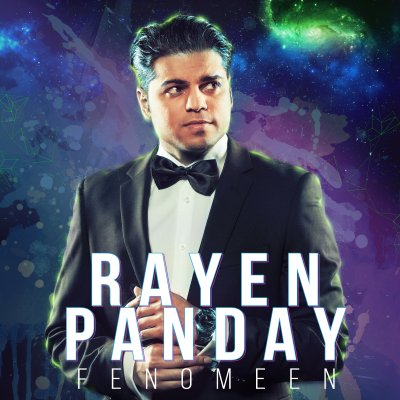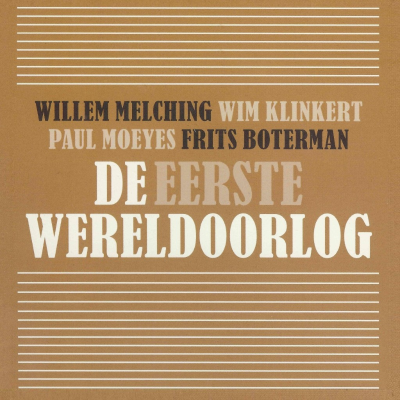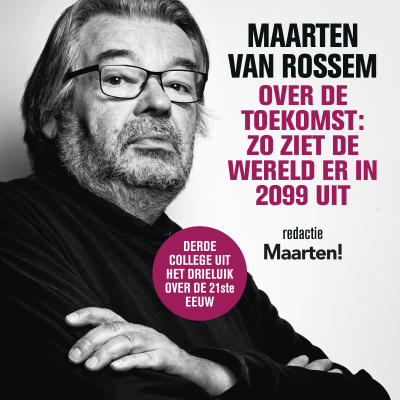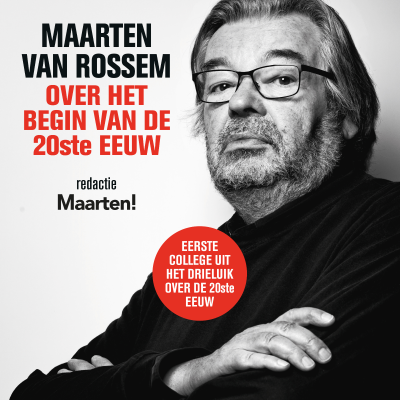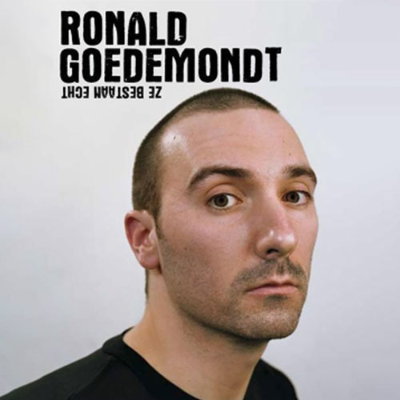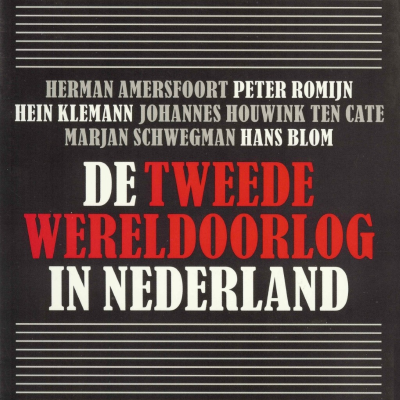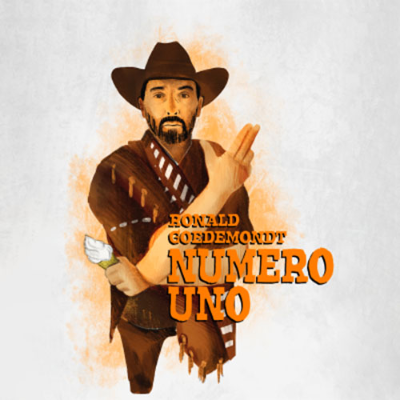
Headless WP Podcast
Podcast door WP Engine Developer Relations
Join the WP Engine Developer Relations team as they discuss all things related to headless WordPress and modern web development.
Tijdelijke aanbieding
3 maanden voor € 0,99
Daarna € 9,99 / maandElk moment opzegbaar.
Alle afleveringen
48 afleveringenKirk Schwenkler is a Solutions Architect for the Developer Platform at Cloudflare. Lots of our architecture at WP Engine uses Cloudflare in different ways, as I’m sure many other tech companies do as well, so we wanted to have Kirk on to unpack some of the interesting things that Cloudflare can do for you and your projects. We dive into some of the following topics: * Defining the role edge compute and CDNs play in web architecture * The difference between Cloudflare workers and traditional origin servers * The nuances of storing your data at the edge * How the edge can work in conjunction with headless WordPress Headless WordPress resources: https://developers.wpengine.com
Daniel Roe is on the framework team for Nuxt, a Vue-based full-stack framework. Some of our most popular content is on Nuxt and headless WordPress. A new version of Nuxt, Nuxt 3, reached a stable release late in 2022. This new version comes packed with feature upgrades and Daniel has graciously agreed to join us to help us learn more about this new version of an awesome framework. In this podcast, we get into some of the following topics: ✔️ What's new in Nuxt 3 vs. Nuxt 2 ✔️ Using the Composition API vs. Options API in Vue 3 ✔️ Details about the Nuxt ecosystem Nuxt 3: https://nuxt.com/docs/getting-started/introduction [https://nuxt.com/docs/getting-started/introduction] Daniel's Website & Twitter: https://roe.dev/ [https://roe.dev/] https://twitter.com/danielcroe [https://twitter.com/danielcroe] Headless WordPress resources: https://developers.wpengine.com [https://developers.wpengine.com]
Jonny Harris is a London-based WordPress developer specializing in large-scale WordPress projects and runs the Spacedmonkey consultancy. Jonny has been developing websites for over 10 years. He is most known for his open-source work in WordPress core, where he’s worked on things like Gutenberg, multisite, and the REST API. His list of former clients and employers includes names like Time Inc. UK, Google, Unsplash, and Skyscanner. Over the last year or so, Jonny has worked with the performance team in WordPress core to make WordPress faster and more performant, so we’re here to pick his brain about the WordPress backend. During this podcast, we touch on these topics: * Jonny's innovative client work with organizations like Google, Skyscanner, and Unsplash * Using WordPress with a low-footprint database layer like SQLite [https://make.wordpress.org/core/2022/09/12/lets-make-wordpress-officially-support-sqlite/] * Scaling WordPress multisite databases with tools like LudicrousDB [https://github.com/stuttter/ludicrousdb] * Blocks, Gutenberg, headless WordPress, and the wp-rest-blocks [https://github.com/spacedmonkey/wp-rest-blocks] plugin * Recent performance improvements to the REST API Jonny's GitHub https://github.com/spacedmonkey Jonny's Website https://www.spacedmonkey.com/ Jonny's Twitter https://twitter.com/thespacedmonkey
In this episode, Fran and Jeff catch up with Jason Bahl, the creator of WPGraphQL to discuss a new caching extension for WPGraphQL. Jason is a figure in the headless WordPress ecosystem that likely needs no introduction, but the group discusses some of their early experiences with headless WordPress. WPGraphQL Smart Cache makes a user's GraphQL queries more efficient by providing network and object caching layer options for users using the plugin. Jason explains a ton of interesting technical details about the caching implementations. He digs into the following things: * Using GET/POST requests with network requests * How cache invalidation works in this plugin in a nuanced way * How Smart Cache can work with framework rendering patterns * What other hosting companies can do to enable WPGraphQL Smart Cache on their platform * How object caching works in the plugin if you can't integrate with a network hosting layer * How a new feature called persisted queries allows you to store your queries on the server, like a SQL stored procedure * Considerations for people using plugins or extensions to store custom data Check out the plugin in WordPress plugin repository and leave the WPGraphQL team some feedback or a review: https://wordpress.org/plugins/wpgraphql-smart-cache/ Jason's Twitter https://twitter.com/jasonbahl [https://twitter.com/jasonbahl] Jason's GitHub https://github.com/jasonbahl [https://github.com/jasonbahl] WPGraphQL https://github.com/wp-graphql/wp-graphql [https://github.com/wp-graphql/wp-graphql] WPGraphQL Smart Cache https://github.com/wp-graphql/wp-graphql-smart-cache [https://github.com/wp-graphql/wp-graphql-smart-cache] WPGraphQL Smart Cache with Next.js and Apollo by Fran Agulto https://developers.wpengine.com/blog/wpgraphql-smart-cache-with-next-js-and-apollo [https://developers.wpengine.com/blog/wpgraphql-smart-cache-with-next-js-and-apollo]
In this podcast episode, Fran and Jeff talk with Rob Humar, the head of web development at Dexertos, the world's largest esports publishing platform. As a media company, Dexertos does around 60 million monthly page views. Rob walks us through some of the details of the Dexertos tech stack, which includes Next.js and headless WordPress using WPGraphQL. Rob discusses how the primary driver of their switch to headless was new feature velocity and futureproofing their frontend stack. By sticking with WordPress as the CMS for their 80K posts, they were able to gain some of the benefits of a full rewrite without migrating CMSs. As we dig into the details, we talk about how Dexertos uses Next.js ISR WPGraphQL Smart Cache to handle some of the demands of breaking real-time news. As an international publisher, Dexertos also has sites in French and Spanish, and Rob describes how they manage all of this using WordPress multisite for the CMS and using one Next.js codebase across all three different sites. Rob walks us through what the experience for the content editor looks like on the Dexertos site, which limits some of the choices in the block editor and uses ACF to structure data for custom post types. As of December 2022, Dexertos won esports coverage platform of the year [https://www.dexerto.com/esports/esports-awards-2022-finalists-winners-1973322/], which is a testament to the work Rob and his team are doing on their platform.
Tijdelijke aanbieding
3 maanden voor € 0,99
Daarna € 9,99 / maandElk moment opzegbaar.
Exclusieve podcasts
Advertentievrij
Gratis podcasts
Luisterboeken
20 uur / maand


